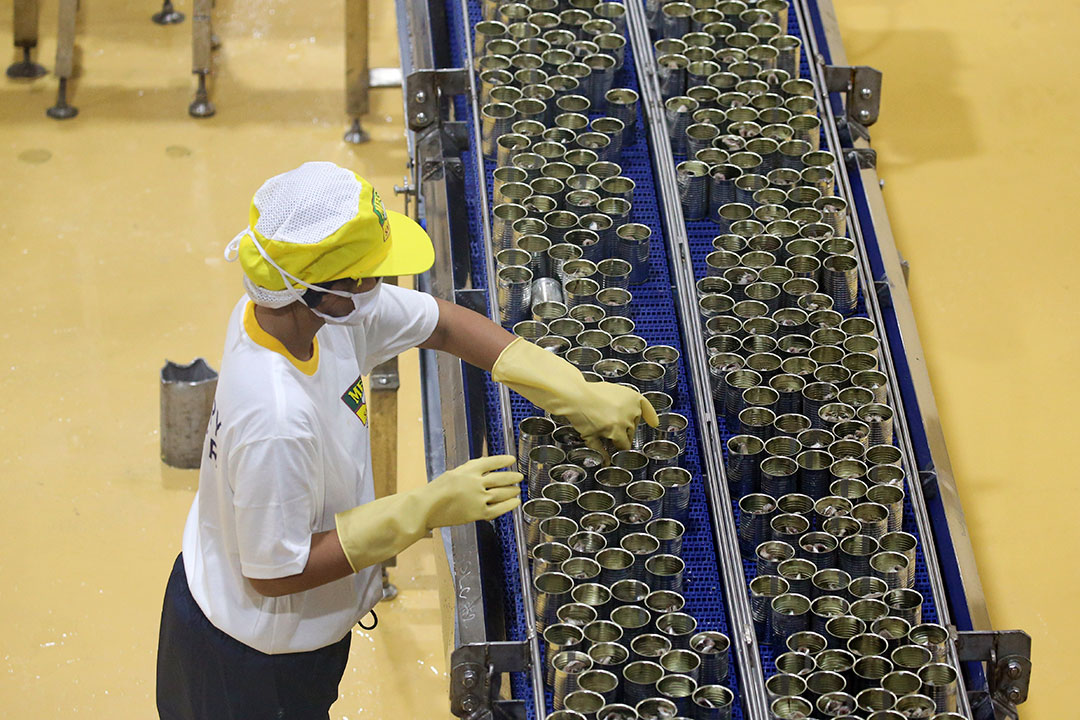IBM subsidiary urges Philippine manufacturers to boost digital investments for AI integration

By Beatriz Marie D. Cruz, Reporter
SMALL and mid-sized manufacturers in the Philippines need to step up investments in digital infrastructure to better harness artificial intelligence (AI) and turn vast data collections into actionable insights, according to IBM Manufacturing Solutions.
“The top challenge manufacturers face right now is really data,” Ong Tun Kim, general manager at the IBM Corp. unit, said in a video interview. “They collect tons and tons of data either through their machines or operations relating to supply chain. But what truly happens is that over 90% of that data goes unused.”
“It’s not because they don’t want to use it; it’s because they lack the right tools and infrastructure to turn this data into insights,” he added.
IBM’s commissioned study showed that while Asia-Pacific organizations consider themselves “data-driven” or “AI-first,” only 11% have reached higher levels of maturity in their digital transformation.
Ms. Ong said many manufacturers still operate in silos, preventing seamless data flow across departments.
“When you don’t have visibility, it makes it tough for companies to respond quickly when there are supply chain disruptions or to make fast decisions without access to real-time data,” she said.
The study also found that about 67% of Asia-Pacific organizations still pursue AI adoption through isolated, department-level projects, while 73% lack mechanisms for cross-team knowledge sharing. This fragmented approach, IBM said, limits collaboration and slows innovation.
Ms. Ong added that addressing the skill gap in the manufacturing workforce is critical as industries worldwide accelerate their shift to AI-enabled operations.
“With the right support, Philippine manufacturers can definitely lead the wave of smart manufacturing,” she said.
AI adoption in manufacturing could help improve operational efficiency, predictive maintenance, and supply chain management but the shift requires integrated data systems and employee reskilling.
The warning comes as the country’s factory activity continues to show signs of strain. The S&P Global Philippines Manufacturing Purchasing Managers’ Index (PMI) fell to 49.9 in September, marking a contraction in the sector amid weaker output and new orders.
A PMI reading below 50 signals a deterioration in operating conditions.



